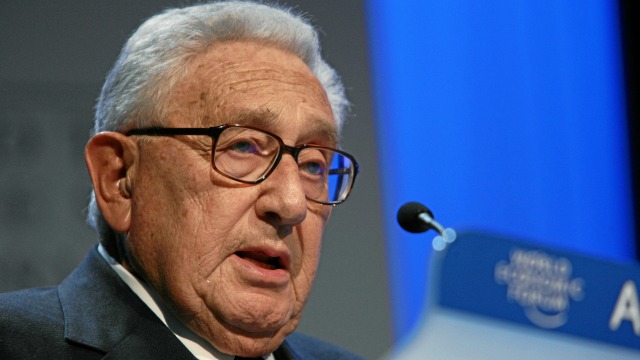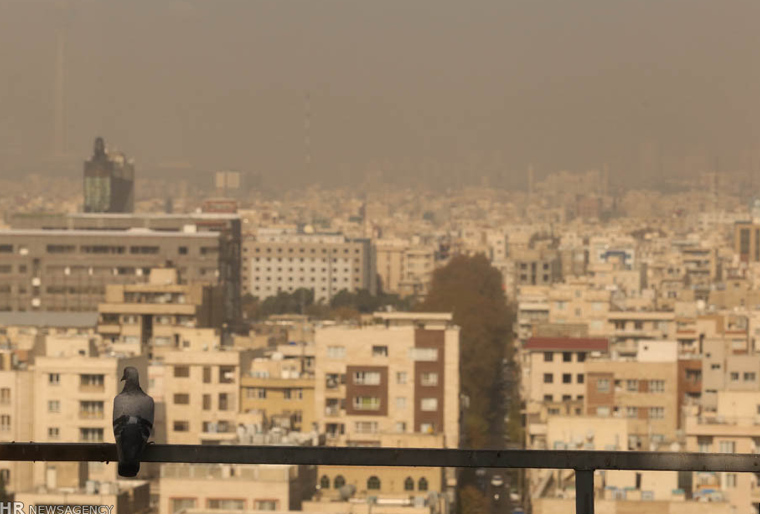November 18, 2016
The major threat in the Middle East isn’t the Islamic State or terrorism, but Iran’s ambitions,former US Secretary of State Henry Kissinger warned last Thursday.

The biggest challenge is the “potential domination of the region by an Iran that is both imperial and jihadist,” he said in a speech.
“[America must] make it clear that we are opposed to a further territorial expansion of Iran and what we are asking of the Iranians is to act like a nation, and not like crusaders,” said Kissinger, who is now 93 years old and served as secretary of state under Presidents Nixon and Ford from 1973 to 1977.
“What we have to see to is that Iran does not achieve such a dominant position that the whole region explodes.”
Kissinger described Republican Donald trump’s victory over Democrat Hillary Clinton as a “revolution against conventional wisdom.”
Looking ahead to the future of the Joint Comprehensive Plan of Action (JCPOA) after Trump takes office in January, Kissinger said a scrapping of the agreement would benefit Iran more than the US. “I would not have made [the agreement], but we will not get a great deal out of ending it now,” Kissinger said.
He further explained: “We have already made most of the concessions that we have to make. [And, with the agreement in place,] the Iranians have to at least stay within [its] technical limits. I think ending the agreement now would enable the Iranians to do more than us.”
Trump has said something similar at times. He complained mainly about the funds Iran gained access to by virtue of the agreement and commented Iran would already have pocketed all the benefits of the agreement before he became president.
Turning to the war against the Islamic State, Kissinger said, “The question is who is going to be in control of these areas after ISIL has been driven out.… If the territories are occupied by Shiite militias, which looks to be the case now, then you will have a Shiite belt from Tehran to Baghdad to Damascus to Beirut. So an American strategic objective should be, yes, to drive out ISIL, but secondly to replace it with friendly Sunni forces, not with Shiite forces linked to Iran.”
He said he isn’t hearing any calls from the Arab world for the US to make new proposals for an Israel-Palestine settlement. “The demand in the Arab world I see is for protection against Iran.”



















